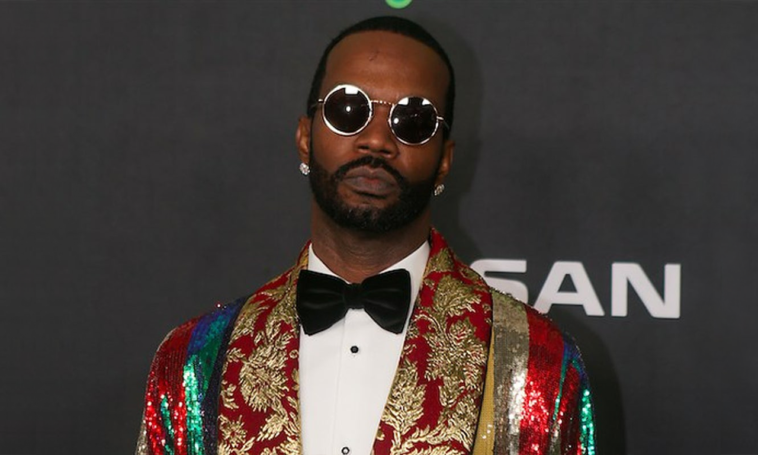The arena of the track is not any stranger to trade, however, while a veteran within the rap recreation like Juicy J steps forward with a concerning statistic, it is time to take note. The artists these days revealed that rap music income has plummeted by a staggering forty in 2023, sending shockwaves through the industry.
“It’s a whole different landscape now. The numbers don’t lie, and they’re telling us that sales are down.” – Juicy J
The decline in rap music income comes as a wonder to many, thinking about the style’s enduring recognition and impact on worldwide lifestyle. But Juicy J suggests that numerous elements are contributing to this downturn.
One great component, in step with the artist, is the upward thrust of streaming services. At the same time as streaming has turned out to be the dominant way humans devour songs, it doesn’t necessarily translate to robust album sales.

Enthusiasts can now access their favorite tracks and albums with a month-to-month subscription, lowering the need to purchase character songs or albums.
Juicy J’s commentary aligns with enterprise information, which has proven a shift in revenue sources. Streaming has become a primary income stream for artists, with virtual downloads and bodily album sales on the decline.
Every other factor Juicy J points to is the evolving nature of track advertising. In the virtual age, artists and report labels have shifted their cognizance towards advertising and marketing strategies that prioritize online presence and social media engagement. At the same time as these methods are powerful at attaining wide audiences, they will no longer without delay translate into album income.

The decline in income also displays the changing dynamics of tune intake. With the abundance of content to be had online, listeners frequently have to get entry to a large number of artists and genres at their fingertips. This massive selection may additionally lead to less investment in purchasing full albums.
Furthermore, the worldwide COVID-19 pandemic has disrupted conventional tune enterprise practices. Stay live shows and excursions, which have been once significant drivers of album income, have faced regulations and cancellations, impacting the overall sales generated by the industry.
No matter these demanding situations, Juicy J stays positive about the destiny of rap music. He believes that the genre’s cultural significance and artistic innovation will continue to thrive, even if income figures do not inform the complete tale. “Rap is greater than just numbers; it’s a voice, a culture, and a pressure,” he affirmed.
At the same time as the decline in rap tune income may be regarded, it is critical to understand that the tuning industry is in a constant kingdom of evolution. Artists like Juicy J continue to evolve to these modifications, finding new avenues to hook up with their audiences and create significant art.



